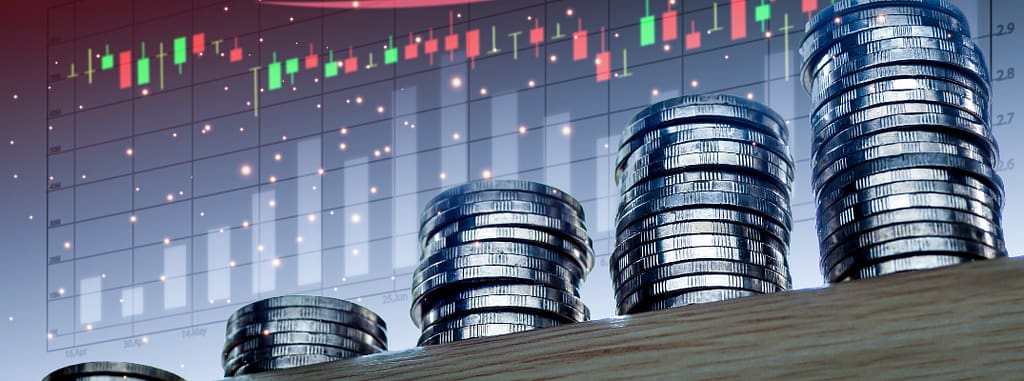The University of Derby Online Learning (UDOL) in partnership with Institute of Environmental Management and Assessment (IEMA), organized a seminar on “Developing Skills for a Sustainable Economy” in June 2018 at Port Harcourt. Ajiri and Kehinde were in attendance. The seminar revolved around human and business interactions with the environment, the global mega-trends & how we respond to them, and the necessary skills for a sustainable economy. The highlights of the seminar are as follows:
- The typical Nigerian business has its impacts directly and indirectly on the environment through its processes or operations and through the supply chain channels. Businesses in Nigeria should therefore always have business sustainability as their watchword. While some businesses such as a bank typically believe its operations are environment-friendly and as such can be considered sustainable enough. However, one of the factors to consider before giving out a loan should be whether or not the loan receiver is opting for an investment that is environmentally friendly or not. It is therefore pertinent to come to terms with the fact that sustainability itself, most times, is not about the primary physical operations but also about the impact the resources within us make.
- Our current population is growing at an alarming rate such that Nigeria would be the 5th most populous country in the world by 2050, ahead of Indonesia and behind the USA. The current global mega-trend is such that the effect of population growth would be exacerbated if the economic development does not augur with the predicted growth. With Nigeria winning the award for World’s Poverty capital according to the World Bank, we should get ready for what is to come. The indices of Population, Education and Economic Prosperity cannot be overemphasized as they remain juxtaposed in the development of a nation.
- Climate change is a global mega-trend whose negative impacts we are currently facing. Effects such as flooding, water stress, pollution, soil degradation & desertification, and droughts are environmental issues we have come to terms with almost on a daily basis. It has been projected that by 2050, 50% of yields from Agriculture will be lost in some African countries and about 60% of the global population will face water issues by the same year if nothing is done. While 52% of agricultural land is already affected by moderate to severe degradation, there will be a 60% increase in food demand to feed 9.7billion humans by 2050.
- The sustainability challenge must be our core idealism as we hope to develop on all facets, and this development must happen within our means. In 2017, Kate Raworth developed a module known as The Doughnut of Planetary Boundaries, which aims to create a safe space within which we as humans must operate to keep us from shooting above the ecological ceiling and face the consequences. We must therefore ensure our social foundation and economic policies are hinged on sustainable factors such as water, food, energy, education, social equity, political voice, housing, networks, gender equality etc. These factors, if maintained are going to keep us within the cycle of the regenerative and distributive economy, otherwise known as the safe and just space for humanity. Once we overshoot, we begin to face the negative impacts such as climate change, ozone layer depletion, biodiversity loss, air pollution, freshwater withdrawals, etc.

- Our responses must be intentional. The purpose of a business must be redefined around creating shared value, according to Michael Porter and Daniel Kramer. Sustainability must become the key driver of innovation such that only companies that make sustainability a goal will achieve a competitive advantage. For corporate sustainability to have meaning, there must be a rethinking of business models, products, technologies and processes. And as United Nations Global Impact puts it, corporate sustainability is a company’s delivery of long-term value in financial, environmental, social and ethical terms. The SDGs and Africa Goals must come to fore in terms of business practices.
Our economy in in dire need of sustainable agents who are passionate about restoring the planet to what is used to be. Innovation needs to be the drive even as opportunities are spotted, organizations must ensure their structures and processes need to be tailored around sustainability. Skills for shaping sustainable business practice must be enshrined in the operational management of organizations. Perhaps, individuals, government and organizations can finally foster a healthy competition in terms of environmental sustainability and a sustainable economy as a whole.

